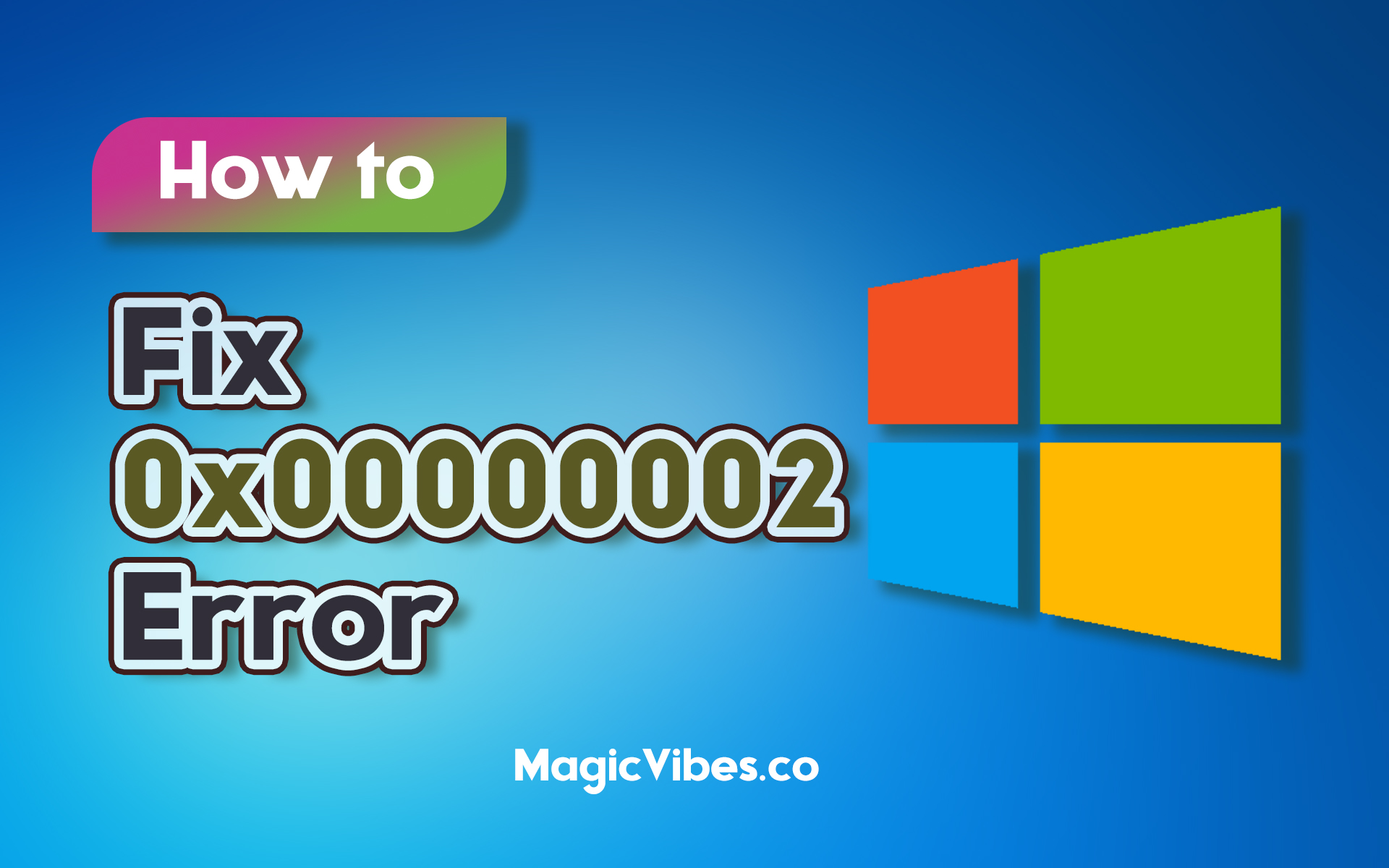Considering the importance of time in our modern society, along with an increase in remote work, it’s imperative to have a fast computer. If you’ve noticed your computer has become much slower than it used to be, you’re probably wondering how to improve computer performance.
Not to worry, as there are many simple and easy ways to prevent your computer from slowing down.
In today’s post, we are going to cover the most common hardware and software reasons why your computer is running slowly.
Interested in learning more? Then keep reading to get your PC or laptop back up to speed!
Contents
Hardware Related Performance Issues
In some cases, you may need to replace or upgrade parts of your computer to fix speed issues. Building your own PC from scratch is the ideal way to build a speed demon, and sure to keep your system relevant for years to come.
However, such a project could cost you thousands of dollars. A cheaper alternative would be to replace one or more parts of your system to take it up the performance a notch or two.
Outdated CPU
The central processing unit (CPU) is the brain of your PC. Ultimately, the speed of your CPU is the ceiling for performance when it comes to computing. Upgrading your CPU will most likely require you to replace your motherboard, as well as the chip architecture changes frequently in new generation processors.
When considering a CPU upgrade, you are wise to shop around your options between Intel/AMD CPUs and Motherboard combinations. Chances are you could more than double the performance of your current system with a motherboard/CPU upgrade.
Also read: Best Tips for Choosing the Right Computer Repair Service
Not Enough RAM
If you are a gamer, graphics designer, or engineer, plenty of RAM is a must. Depending on your motherboard, adding a couple sticks of RAM (another channel) is as simple as popping them into the empty slots. If your slots are full, you may be able to switch out your current RAM for a larger RAM of the same pin type.
How much RAM do you need? Most PC games are best played on systems with 8-16 Gigabytes of RAM. For video editing, graphics editing, and scientific modeling, the more RAM the better with 128 GB of DDR4 RAM the upper limit of most mainstream motherboards on the market.
Overheating Issues
When a system is too hot, you’re going to experience performance issues. The systems BIOS will dial down performance to compensate, or even shut down when things get too hot.
Modern day silicone based CPUs run very hot as the amount of transistors packed on one die multiplies the heat generated. Most CPUs and even GPUs these days are water cooled for best performance. Adding a self-contained water loop, block, radiator, and fan is an inexpensive way to keep your CPU cool and boost the performance of your PC.
Slow Storage Devices and Drives
Equally important to the performance of a computer as processing speed is computer storage. The storage devices you use can create a performance bottleneck. Your CPU and RAM may be capable of processing information faster than your hard drive is capable of transferring the information.
The read-write speeds of the hard drive you run your operating system (OS) on will determine how long you wait for programs to load and for file transfers. A simple upgrade from the disk and spindle hard drive to a solid state hard drive will increase your PC performance by many multitudes.
Please also keep in mind that a hard drive that is reaching its storage capacity will begin to slow down. Often times a slow computer can be brought back to life, just by cleaning out unwanted or unneeded files from the hard drive. Us a duplicate photo finder or system cleanup utility to eliminate unneeded files bogging down your PC.
Software Related Performance Issues
If you notice your computer slowing down over time, chances are most likely a software issue. There are a few things you should try before attempting the above hardware fixes.
Check the System for Viruses
Viruses are any code that is running on your system that are unnecessarily and intentionally using the computer’s resources. Computer viruses range in severity, just like viruses that make us sick. Serious viruses can destroy the operating system or even damage hardware on the PC.
Most viruses are “harmless” in that they run in the background in order to evade detection. No matter the intent of a software program, they all take up resources. Run updated anti-virus and ant-spyware/adware/malware programs to check for malicious code eating up your resources and slowing down your system.
Uninstall Programs
Our operating systems are almost magical in their ability to multi-task. However there are limits to how many programs and operations any PC can perform.
Run ‘MSCONFIG’ on a Windows system and check your startup programs. Often times you are running way too many programs in the background that you can disable and give the system the resources it needs to perform at its best.
System Maintenance
Think of taking care of your PC like taking care of a care. In order to keep it running at its best you need to do regular maintenance. De-fragment your hard drive, clean up temporary, unneeded, and unwanted files regularly. Every six months or so, it is a good idea to backup your files and perform a clean install of your operating system to give your PC a fresh start.
Improve Computer Performance to Improve Everything
In today’s high-paced life, you can’t afford to be waiting on your computer to do its job. Take the above steps to improve computer performance and improve your digital life. For more articles on maintaining your modern lifestyle, keep reading our blog.





